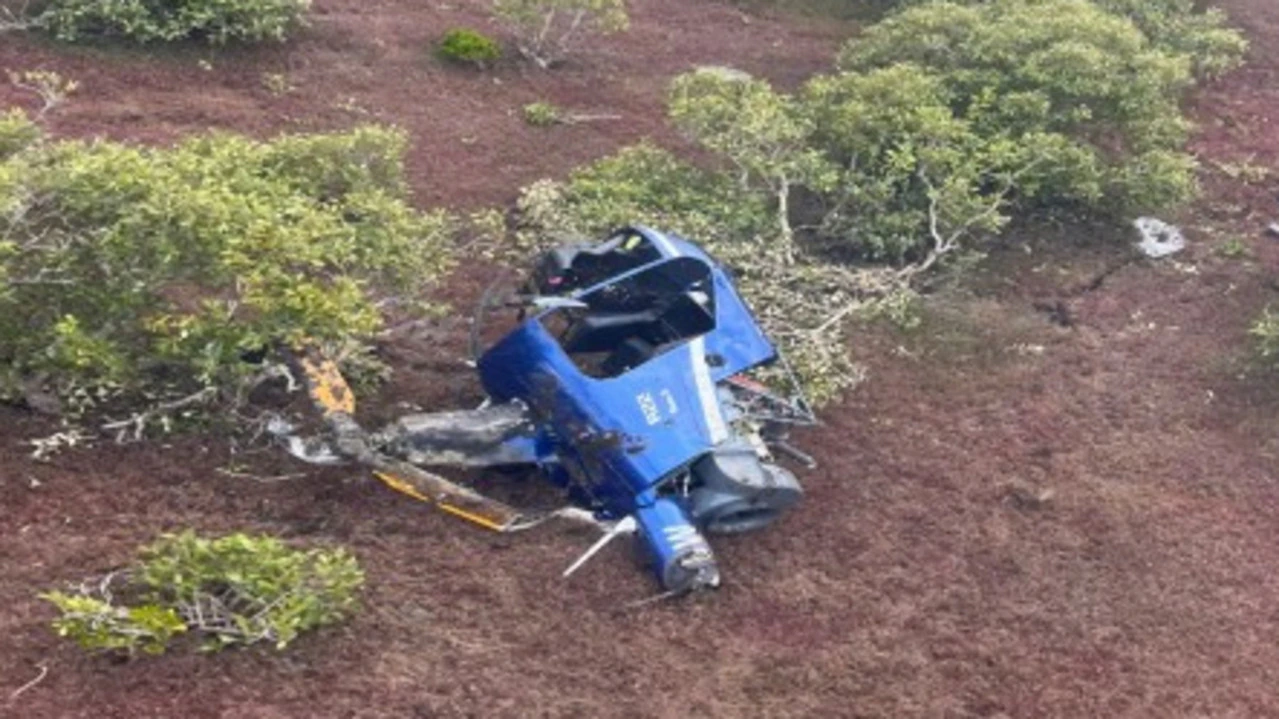Copyright astanatimes

ASTANA – The upcoming Central Asia-United States summit in C5+1 format could deliver concrete deals in critical minerals and transport, according to Ibrahim Mammadov, head of the Turkic-Western Engagement Initiative at the Danube Institute, who expects new U.S. investments to take shape in both sectors. “When assessing the importance of this summit, it is crucial to consider the overarching goal of the U.S. to break China’s monopoly in the global CRM [critical and rare mineral resources] supply chain. Central Asian countries are rich in CRMs, and major regional companies, such as ERG from Kazakhstan and TMK from Uzbekistan, are present in Washington today for the upcoming Business Council meetings,” Mammadov told The Astana Times. The Energy Act, signed by U.S. President Donald Trump in his first term, elevated the role of critical minerals in the nation’s economy and national security and emphasized the urgent need to diversify their sources. It is a legislative framework aimed at enhancing U.S. energy infrastructure and energy efficiency while also addressing critical minerals and materials. “CRMs are vital for America’s reindustrialization, and Central Asian resources are key to achieving greater diversification of supply. Therefore, we are likely to see strong U.S. investments in the production and processing of CRMs in Central Asian countries,” Mammadov added. Investments in transport infrastructure Investments in CRMs should go hand in hand with investments in sustainable transport infrastructure, Mammadov noted. “The U.S. is also eager to strengthen its presence along the Trans-Caspian route, which remains the only safe and viable corridor for trade with the region,” he said. Mammadov noted that the agreements reached in September signal a new wave of U.S. investment in Central Asia. Kazakhstan’s $4.2 billion deal with Wabtec and Uzbekistan’s roughly $8 billion agreement with Boeing underscore Washington’s growing focus on the region’s transport infrastructure. Evolving framework Kim Dae Sik, former ambassador of the Republic of Korea to Kazakhstan, highlighted the evolving nature of the C5+1 framework, which the region has had with six countries, including Korea. “This reflects their recognition of Central Asia’s strategic importance – not only as a key geopolitical crossroads but also as a region rich in vital resources that sustain modern economies. The Republic of Korea, for its part, is also preparing to host its first-ever C5+1 Summit next year,” he told The Astana Times. “Since gaining independence, the Central Asian nations have focused on nation-building based on social stability, and in recent years, they have shifted toward modernization and preparation for the future through reforms and openness. These initial goals appear to have been largely achieved, as evidenced by the growing number of C5+1 partnerships established with various global powers. In this context, the second U.S.–Central Asia Summit to be held in Washington carries great significance for the region,” said the Korean diplomat. He stressed Kazakhstan’s efforts to accelerate economic diversification and digital transformation amid the unprecedented pace of change in the world. “The country is implementing timely policies to enhance its trade and investment environment, strengthen transport connectivity, ensure energy security, advance digital transformation, and promote high-tech industries such as artificial intelligence and robotics — all to respond effectively to global shifts and prepare for a new era,” said Kim Dae Sik. He is optimistic that the upcoming U.S.–Central Asia Summit will yield “meaningful outcomes.” “Enabling the Central Asian nations to achieve new levels of cooperation, growth, and progress amid a rapidly changing international order,” he added. POTUS visit to Central Asia long overdue No sitting U.S. President has ever visited Central Asia. Whether that happens in the near term remains an open question. “It is difficult to predict whether a future C5+1 summit could take place in Central Asia, but I remain optimistic given the current momentum in regional engagement,” said Mammadov. “Central Asia is surrounded by major powers such as Russia, China, and Iran, and the United States recognizes not only the economic but also the strategic importance of strengthening its ties with the region. Therefore, I believe that a future C5+1 summit in Astana or Tashkent is certainly possible,” he said. Agenda of the summit The summit brings together leaders of Kazakhstan, the Kyrgyz Republic, Tajikistan, Turkmenistan, Uzbekistan, and the United States. President Kassym-Jomart arrived in Washington, D.C. on Nov 5. He met with Kazakh students studying in the country. Alongside the summit, bilateral talks are also expected to be part of the program. The U.S. Department of State will also host the C5+1 Tenth Anniversary Business Conference in partnership with the Kennedy Center. According to the official statement, Turkmenistan Foreign Minister Rashid Meredov, Senator Steve Daines, Special Presidential Envoy Richard Grenell, U.S. Special Envoy for South and Central Asia Ambassador Sergio Gor, and Assistant Secretary for South and Central Asian Affairs Paul Kapur will deliver remarks. Deputy Secretary of State Christopher Landau will lead a plenary panel discussion with business executives. “This gathering is a historic convening of senior government officials with business leaders from across the C5+1 countries to celebrate ten years of groundbreaking cooperation while further strengthening economic and cultural ties between the United States and countries of Central Asia,” reads a statement from the U.S. Department of State Gor and Landau traveled to Kazakhstan and Uzbekistan last week to strengthen U.S. engagement in the region. They met with the leadership and senior government officials of the countries. The Astana Times also detailed expectations from the summit in an earlier analysis published on Nov. 5.



